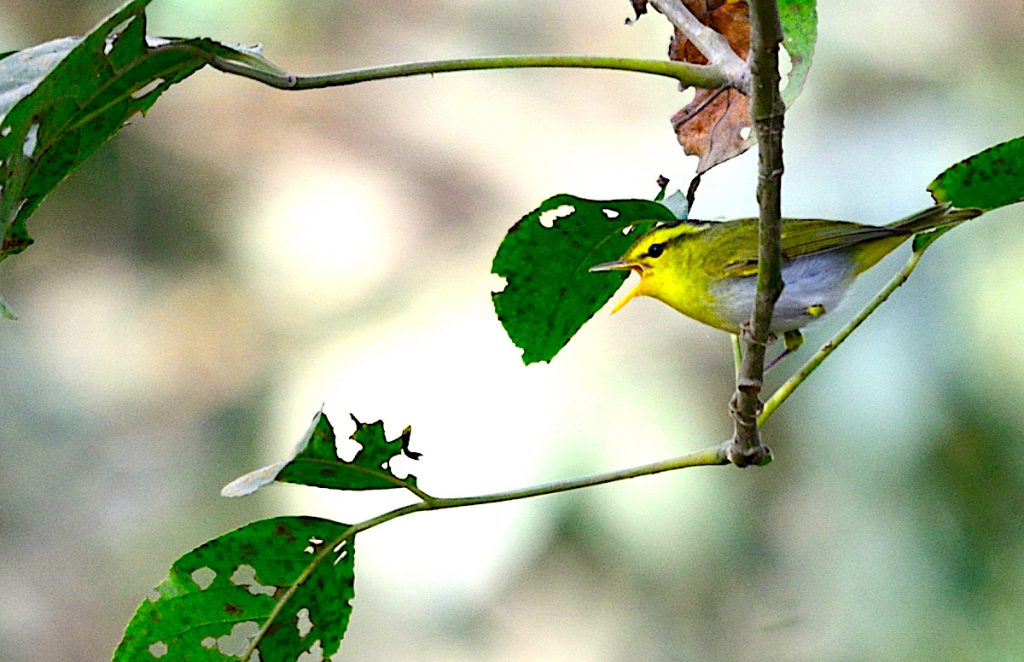Two songs popularized during martial law speak of the time’s sentiments
September 23, 2022
These song recordings are part of the Against Forgetting notebook, which features art by Neil Doloricon.
Walang Hanggang Paalam | Neverending Farewell
“Walang Hanggang Paalam (Neverending Farewell),” written by Joey Ayala in 1983, is on its face a love song between two people who are physically distant, but whose “hearts draw closer.” In a 2017 performance with Dong Abay, Ayala even calls it an “all-purpose senti(mental) song.” But this is what makes it a perfect example of a kundiman. “Walang Hanggang Paalam” is ostensibly a love song for a person, but with its themes of freedom and undying hope, it can easily be read as a love song for one’s country—hallmarks of a kundiman.
I first heard this song while driving, lost, in northern Los Angeles. Immediately, two images came to mind: the first is of revolutionaries in love who must contend with distance for the sake of the work of revolution, and second is of Filipino immigrants like me, in a state of “neverending farewell” with the Philippines, loving a nation on the opposite side of the world.
This duet is sung by husband and wife, Rene and Cristy Rivera, accompanied by their son, Marx, on guitar. They chose to cover this song as it proved deeply personal to the couple.
—Soleil David
Walang Hanggang Paalam
Di ba tayo’y narito upang maging malaya
At upang palayain ang iba
Ako’y walang hinihiling, ika’y tila ganoon din
Sadya’y bigyang-laya ang isa’t-isa
Ang pag-ibig natin ay walang hanggang paalam
At habang magkalayo, papalapit pa rin ang puso
Kahit na magkahiwalay, tayo’y magkasama
Sa magkabilang dulo ng mundo
Ang bawat simula ay siya ring katapusan
May patutunguhan ba ang ating pagsinta?
Sa biglang tingin, kita’y walang kinabukasan
Subalit di-malupig ang pag-asa
Ang pag-ibig natin ay walang hanggang paalam
At habang magkalayo, papalapit pa rin ang puso
Kahit na magkahiwalay, tayo’y magkasama
Sa magkabilang dulo ng mundo
Ang pag-ibig natin ay walang hanggang paalam
At habang magkalayo, papalapit pa rin ang puso
Kahit na magkahiwalay, tayo’y magkasama
Sa magkabilang dulo ng mundo
Sa magkabilang dulo ng mundo
Neverending Farewell
Aren’t we here to be free and to set all others free
I do not ask for anything
And it appears you feel the same
Only to set each other free
Our love is a neverending farewell
And as distance separates us, our hearts draw closer
Even as we’re apart, we’re together
On opposite sides of the world
Every beginning is also an end
Where is this love going?
At first glance, we have no future
But hope accepts no defeat
Our love is a neverending farewell
And as distance separates us, our hearts draw closer
Even as we’re apart, we’re together
On opposite sides of the world
Our love is a neverending farewell
And as distance separates us, our hearts draw closer
Even as we’re apart, we’re together
On opposite sides of the world
On opposite sides of the world
Pagbabalikwas | To Break Free
“Pagbabalikwas (Break Free)” is one of the many songs that was written at the height of the anti-fascist, anti-imperialist protest movement in the Philippines in the early 1970s. In the mid-1970s, political detainees at the Bicutan Rehabilitation Center recorded several songs that were written by activists just before martial law and by political prisoners at the height of the dictatorship. The master tapes were smuggled out of the country, and church-based support groups in Hong Kong produced a two-volume collection recorded on cassette tapes, aptly titled “Ibong Malaya (Free Bird).” The songs of struggle and liberation in this collection became very popular among groups involved in the anti-Marcos resistance. “Pagbabalikwas” was included in this collection.
“Pagbabalikwas” became a favorite song to end political rallies, forums, and gatherings during martial law, because of its marching cadence and triumphant lyrics.
This is an original version of the song recorded by the political detainees at the Bicutan Rehabilitation Center.
—Noel Pangilinan
Pagbabalikwas
Luha’y pawiin na Inang Pilipinas
Pagkat sa bukirin ngayo’y namamalas
Mamamayang pilit ginupo ng dahas
Pawang nakatindig at may hawak na armas
Ang mga pasakit pilit na kinakalas
Mapagsamantala’y aalisan ng lakas.
Dugong magsasakang dati’y idinilig
Sa iyong larangan, daloy pa ay dinig
Sa panahong ito’y nagsisilbing bisig
Ng sangmangagawang siyang ngayo’y may tinig
Sa bagong kilusan sa buong daigdig
Na siyang magpapatid ng kadena sa bisig.
Masdan mo ang parang sa iyong paligid
Lahat ng nariyan, anak mo ang papatid
Sa kawing ng imperyalistang ganid
Hanggang ang demokrasya’y maitayo ng tuwid.
Huwag ka nang malumbay Inang Pilipinas
Kahit kung may ilang anak kang malagas
Moog nating bakal na kubling likuran
Ang mga bukirin ay isang katiyakan
Uring mapang-api lahat ay babagsak
At mailalatag ang mapulang bukas!
To Break Free
Dry your eyes, my Philippines, my motherland,
Because you can see out in the fields
Your people, who used to be forcibly brought down by violence,
Are all standing up and bearing arms
Working to dismantle the hardships
Rid the oppressors of their power.
Farmers’ blood that used to soak the land
In your fields, you can still hear it flow
In these times, the farmers will serve as the force
Of the working class who now has the voice
In this new movement all over the world
That will break the chains on their arms
Witness the countryside around you
All manacles out there, your children will break apart
The fetters of the greedy imperialist
Until democracy can be set up properly
Despair no more, my Philippines, my motherland,
Even if some of your children will lay down their lives
Our iron fortress, our hidden rearguard
The fields, the mountains are our assurance
Ruling, oppressive classes will fall
And we can build a bright red tomorrow.


